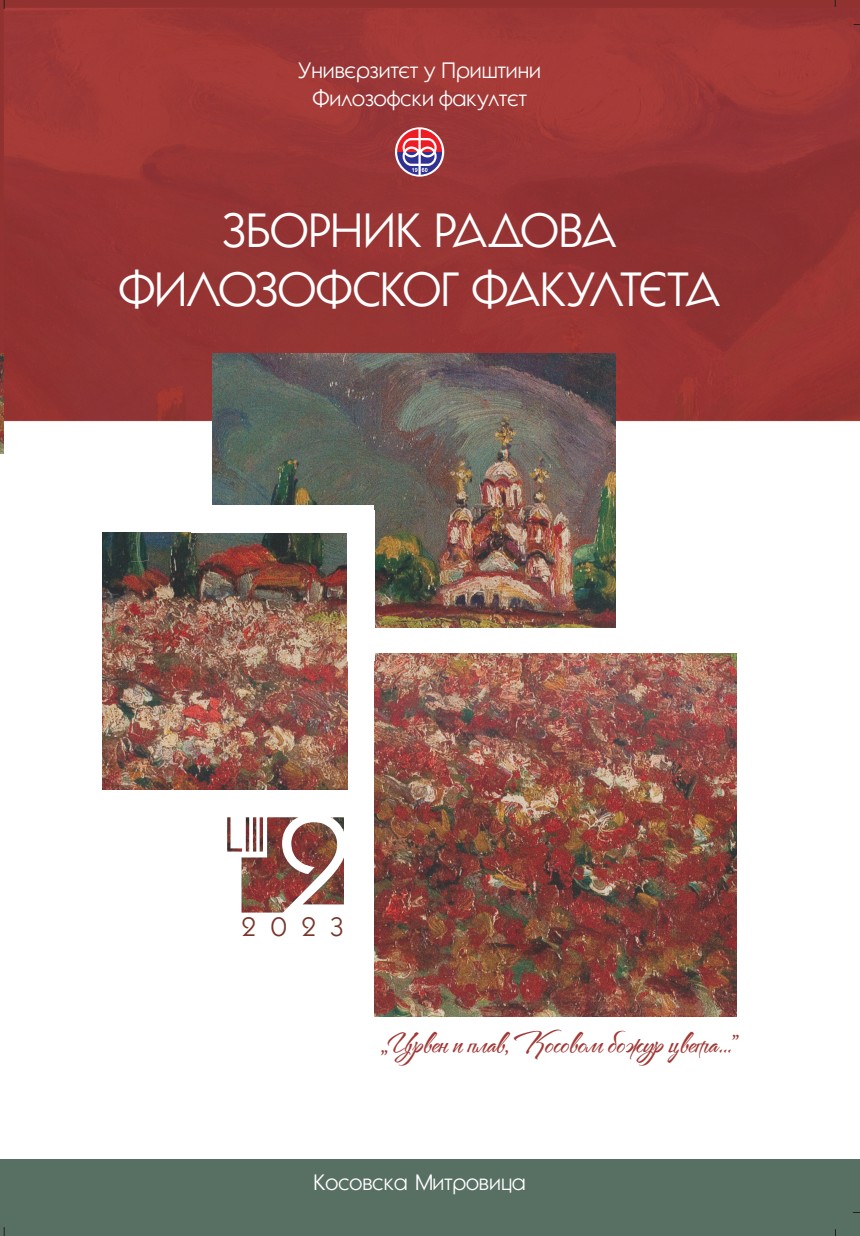Нишка кредитна банка између два светска рата
Niš Credit Bank Between the Two World Wars
Author(s): Ivan M. Becić, Dejan AntićSubject(s): History, Local History / Microhistory, Interwar Period (1920 - 1939)
Published by: Филозофски факултет, Универзитет у Приштини
Keywords: Niš Inn and Tavern Cooperative; Niš Credit Bank; discount; great economic crisis; crisis of confidence.
Summary/Abstract: In order to provide its shareholders with the necessary funds to carry on with their business operation with the help of the necessary share capital, the Niš Inn and Tavern Cooperative was founded in 1919. The planned operations did not give a satisfactory result, so starting from 1922, the new bank’s management turned more to crediting, and its main business activities were slightly neglected. The business policy of the administration gave favourable results and the Inn and Tavern Cooperative could distribute the dividend to shareholders, although it was not large because most of the earnings were set aside to buy land at an attractive location in the city, build a bank, and also increase the funds that provided stable bank operation. From 1926, the Inn and Tavern Cooperative only engaged in crediting operations, it acted like a true financial institution, and for those reasons, from the middle of 1928, it adopted the name Niš Credit Bank. Until the outbreak of the financial crisis in the Kingdom of Yugoslavia in September 1931, this institution brought a solid dividend to its shareholders and had the reputation of a stable monetary institution among the banks in Niš. The moves taken by the Yugoslav government during the 1930s in economic terms were primarily aimed at protecting agricultural workers as the most numerous part of the population who, due to the situation on the world market, ended up fighting for survival. The enactment of the Law on the Protection of Farmers in 1932 meant that banks were unable to collect receivables from the most numerous client group, the farmers, which, with the constant pressure by savers who wished to withdraw money, put many banks in a position to be active but not liquid. The Niš Credit Bank was one of the few banks that did not have disturbances of that kind, but the situation in Yugoslav banking prevented normal bank operations. Private banking in Yugoslavia was then faced with the outbreak of World War II, when almost all banks formally ceased to operate.
Journal: Зборник радова Филозофског факултета у Приштини
- Issue Year: 53/2023
- Issue No: 2
- Page Range: 249-267
- Page Count: 19
- Language: Serbian

